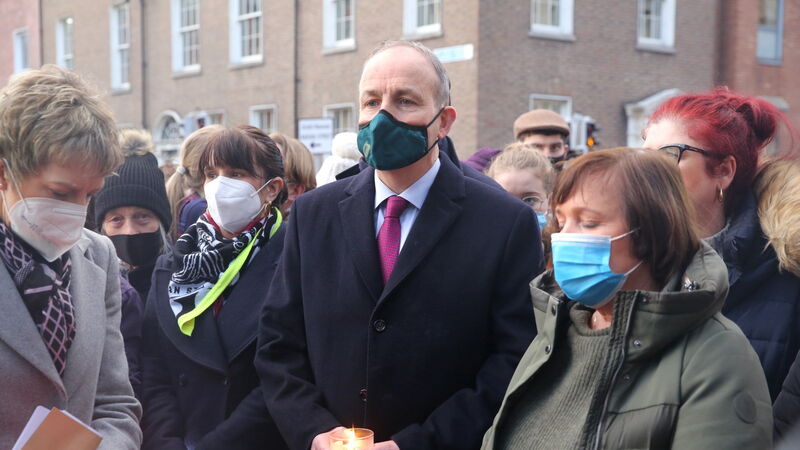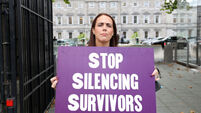Alison O’Connor: Amid rare unanimity in Dáil, Martin can lead change on gender equality

What a legacy it would be to put in place the rock-solid foundations of a transformed State approach to female safety in Ireland that would begin early on in the lives of children and extend its way out all across levels of society. Picture: Gareth Chaney / Collins Photos
There is nothing like a deadline to focus the mind. Add to that the beginning of the year stuff and its attendant resolutions, and you have a whole other layer of thought. So it’s easy to imagine a seriously high level of contemplation being done by Micheál Martin — a man who will no longer be our Taoiseach this time next year.
There is a strong chance he will no longer be leader of Fianna Fáil either, so it is deadline on the double time. A man who entered politics around 37 years ago, and has been climbing that greasy ladder ever since, can now count in months the amount of time left before he faces a virtually inevitable full stop.















